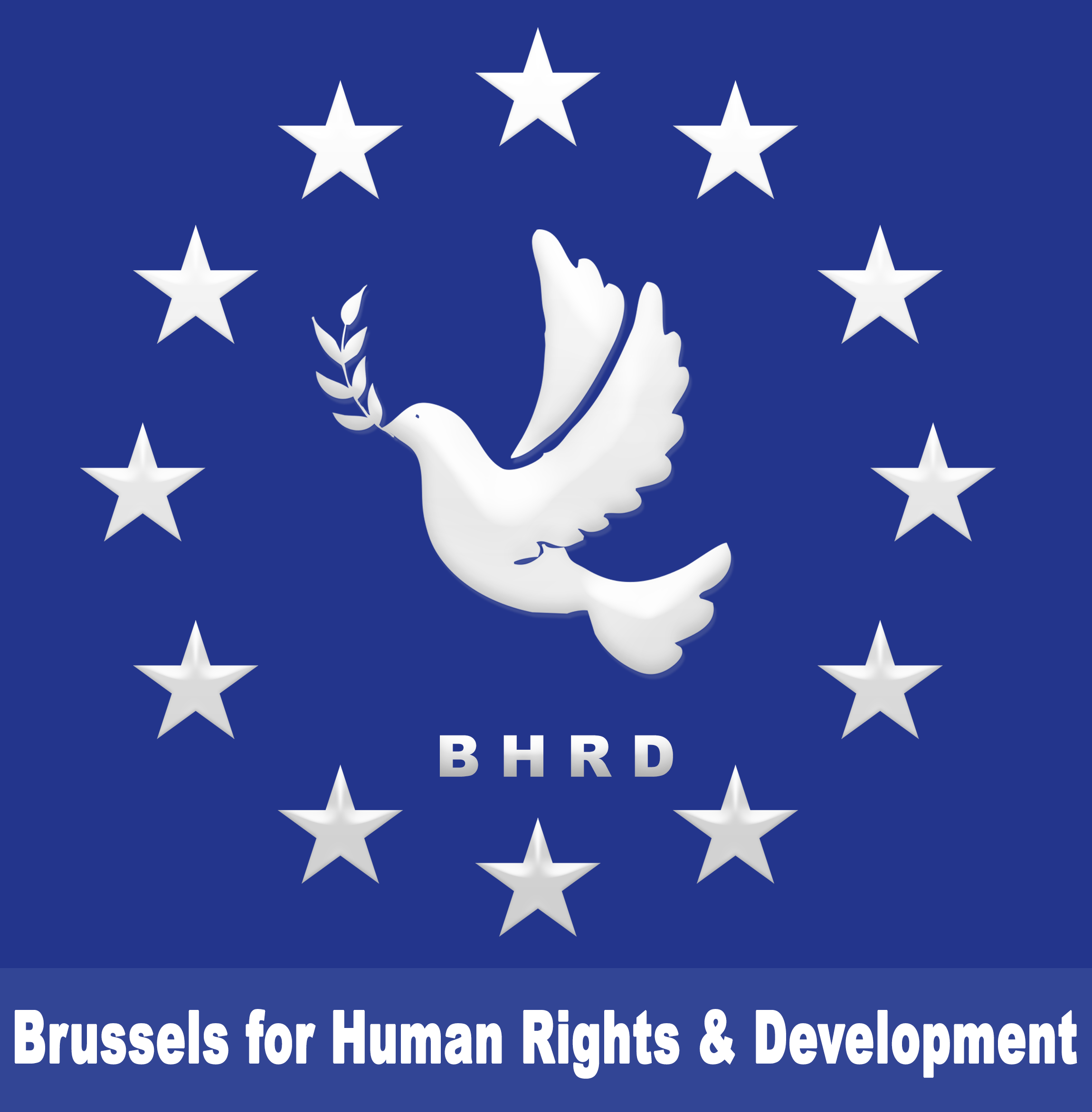July 24, 2024 – Climate and Environment
Soaring summer temperatures across Europe and Central Asia are resulting in the deaths of nearly 400 children annually, according to a new analysis by the United Nations Children’s Fund (UNICEF) released on Wednesday.
UNICEF’s data from 2021 reveals that 377 children died from heat-related illnesses in 23 countries within the region. Notably, half of these fatalities occurred within the first year of life.
“Around half of children across Europe and Central Asia – or 92 million children – are already exposed to frequent heatwaves in a region where temperatures are rising at the fastest rate globally,” said Regina De Dominicis, UNICEF Regional Director for Europe and Central Asia.
Health Complications from Rising Temperatures
De Dominicis warned that high temperatures can swiftly complicate a child’s health, posing serious and potentially life-threatening risks without timely care.
UNICEF’s findings highlight that heat exposure can adversely affect children even before birth, leading to pre-term births, low birth weight, stillbirths, and congenital anomalies. Heat stress can also directly result in death, impact infant growth, and pave the way for pediatric diseases.
Moreover, UNICEF reported that “extreme heat caused the loss of more than 32,000 years of healthy life among children and teenagers in the region.”
Urgent Recommendations
The year 2024 has experienced unprecedented high temperatures, with June marking the hottest month on record globally. This follows 13 consecutive record-setting months.
In response, UNICEF is urging governments in Europe and Central Asia to invest in “heat health action plans and primary healthcare to more adequately support heat-related illness among children.”
The agency recommends additional measures such as:
- Implementing heat alert systems.
- Ensuring educational facilities reduce temperatures in play areas.
- Securing safe drinking water provision.
- Equipping buildings to minimize heat exposure.
- Establishing comprehensive strategies to mitigate heatwave impacts, particularly on children.
UNICEF is actively collaborating with governments and communities to “build resilience against heatwaves” by educating teachers, family members, and community health workers on combating heat stress.
For more details, visit the original announcement.


 العربية
العربية